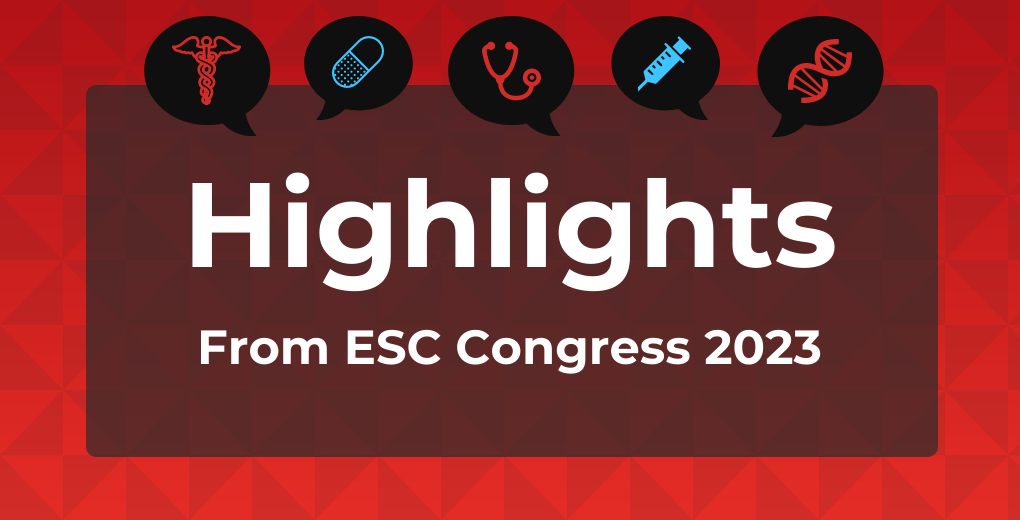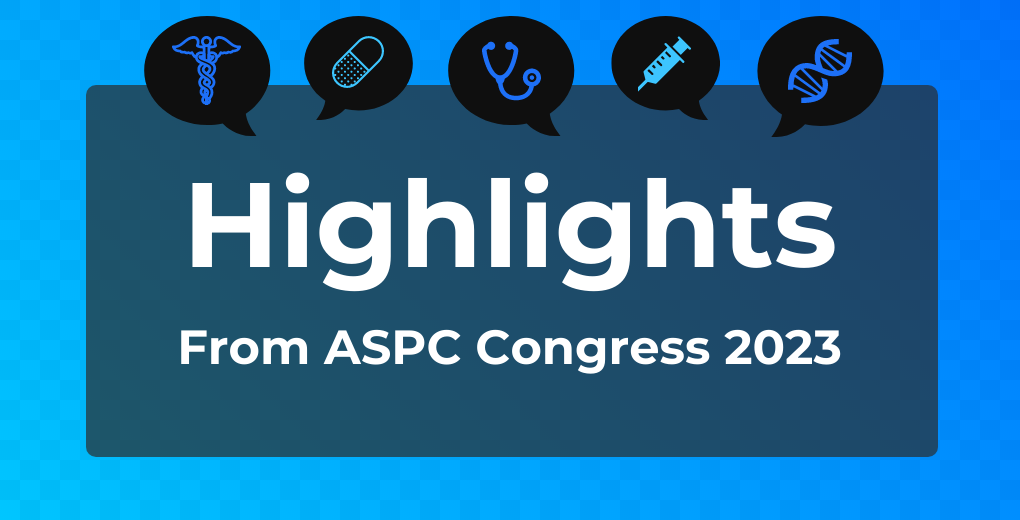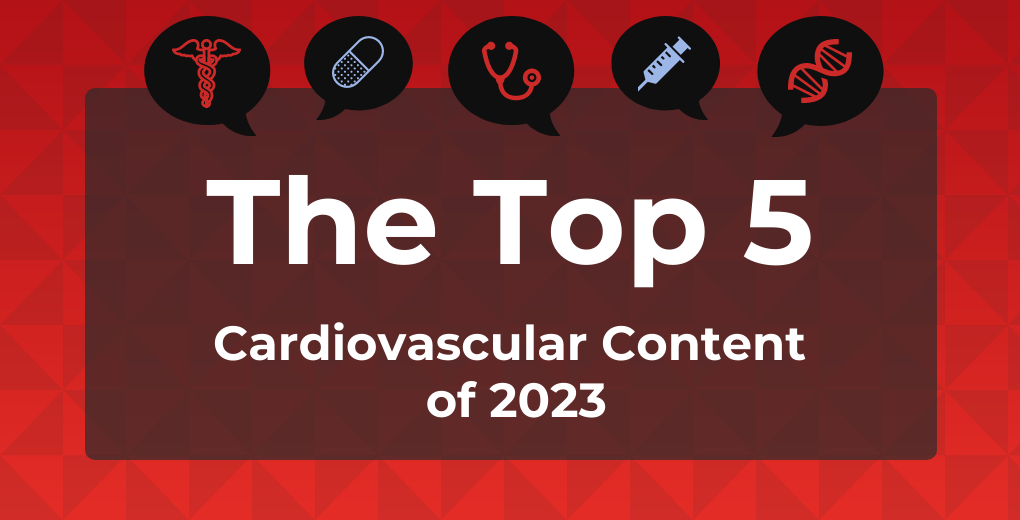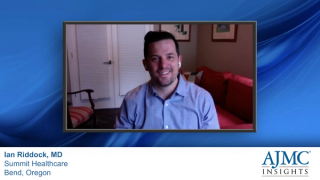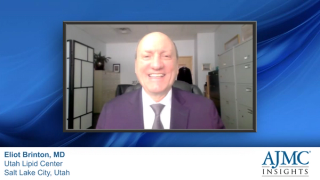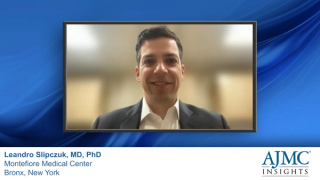
Cardiovascular
Latest News
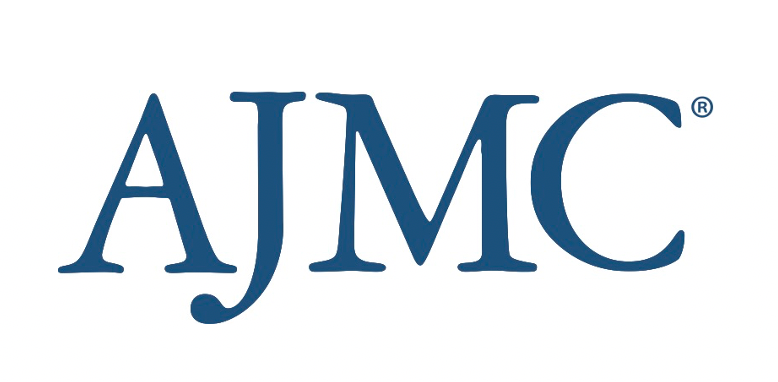
Latest Videos

More News
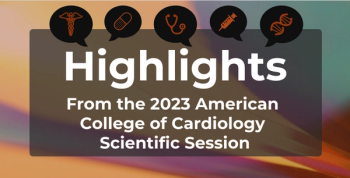
Our top coverage from the 72nd American College of Cardiology (ACC) Scientific Session included results from the STELLAR, CLEAR Outcomes, ACCESS, and HALO trials.

Cardiologists need skills in risk assessment, contraception counseling, and hypertension management for pregnant patients, according to Kathryn Lindley, MD, FACC, Vanderbilt University Medical Center.

Kathryn Lindley, MD, FACC, Vanderbilt University Medical Center, talks about why it’s important to incorporate cardio-obstetrics training into cardiovascular disease fellowship programs.

A population-based study found that out-of-hospital cardiac arrest events resulting from drug overdoses have significantly increased from 2015 to 2021, particularly among patients who have taken a combination of stimulants and opioids.

In this interview with The American Journal of Managed Care®, Katie Queen, MD, addresses the complexity of obesity as a medical condition, pivoting to virtual care while ensuring that patients who lived in a rural location continued to receive adequate care, and the importance of integrating awareness of obesity and chronic disease prevention into local food culture.
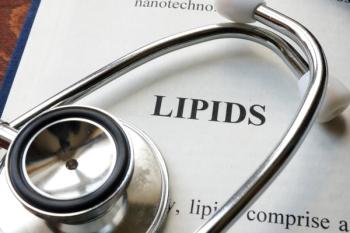
Plasma ceramides and sphingomyelins with palmitic acid were linked to a 34% and 37% increased risk of sudden cardiac death (SCD) per higher SD of log sphingolipid levels, respectively.
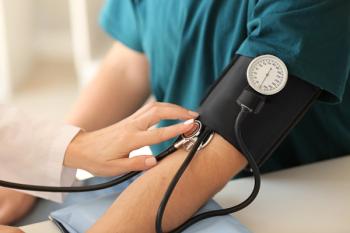
These new findings are important as α-blockers (ABs) are the most prescribed class of medications for patients with benign prostatic hyperplasia (BPH), but the cardiovascular safety profile of this treatment is not well understood for this patient population.
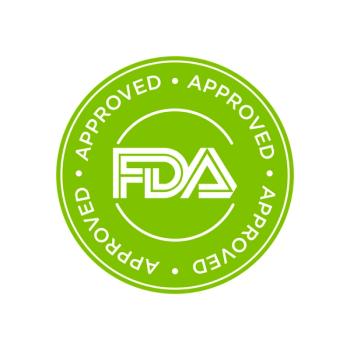
Recor Medical announced the FDA approval of its Paradise Ultrasound Renal Denervation system for the treatment of hypertension on November 7, 2023.
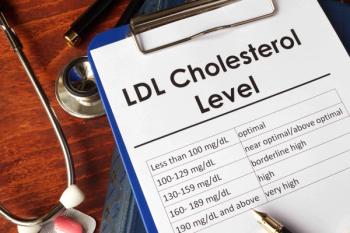
The prevalence of severely elevated low-density lipoprotein cholesterol (LDL-C) has declined in recent decades, but 1 in 17 US adults in a recent analysis had levels of LDL-C that would warrant consideration of pharmacotherapy, and 1 in 48 had high levels of LDL-C that are indicated for medication.
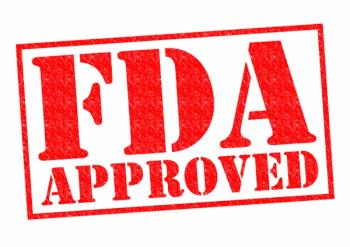
The first-of-its-kind Aurora EV-ICD system offers a single-device, single procedure with a lead placed outside of the heart and veins.

Researchers noted that adverse pregnancy outcomes are more of an indicator of pre-pregnancy cardiovascular risk rather than a primary cause of postpartum risk.

A 5-year randomized trial showed that the Million Hearts Model, which paid health care organizations to monitor and reduce cardiovascular disease (CVD) risk, was effective in reducing first-time heart attacks and strokes without associated increases in Medicare spending.

Updated vaccines are on their way to US pharmacies; importance of early diagnosis and treatment for individuals at risk of cardiovascular disease; Walgreens pharmacists stage their own protest.

An analysis of more than 1 million men found higher blood pressure in late adolescence was associated with an increased risk for major cardiovascular events in later life.

Shrilla Banerjee, MD, FRCP, consultant cardiologist, Surrey and Sussex Healthcare NHS Trust, shares what politicians and clinical trialists can do to help mitigate cardiovascular health disparities.

The cohort study focused on annual incidence, prevalence, and mortality linked to a number of cardiovascular conditions between 2015 and 2019.

In their latest recommendation statement, the US Preventive Services Task Force (USPSTF) recommends blood pressure screening for all pregnant individuals to detect hypertensive disorders.

Patients now have higher expectations of us health care professionals, and we have to meet those expectations, said Donna Fitzsimons, PhD, FESC, professor of nursing at the School of Nursing and Midwifery, Queen's University Belfast.
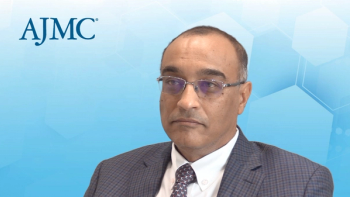
Secondary effects not only improved past 16 weeks, but showed a sustained improvement at week 56 of mavacamten, said Milind Desai, MD, MBA, director of the Hypertrophic Cardiomyopathy Center and vice chair of education at the Heart, Vascular & Thoracic Institute, Cleveland Clinic.

Over the past 20 years, the age-adjusted mortality rate for obesity-related cardiovascular mortality increased by 415% for American Indian or Alaska Native individuals.

Across 65 cardiovascular guidelines with nearly 7500 specific recommendations published 2012-2022, only 170 recommendations directly incorporated shared decision-making.

After 16 weeks on placebo, patients in the control group were invited to start mavacamten alongside the treatment group, explained Milind Desai, MD, MBA, director of the Hypertrophic Cardiomyopathy Center and vice chair of education at the Heart, Vascular & Thoracic Institute, Cleveland Clinic.
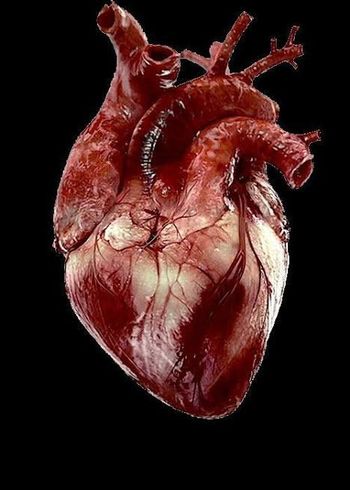
The authors found shifting patterns in the effects of obesity, alcohol, and smoking on atrial fibrillation.

Investigators conducted this subanalysis among patients aged 20 to 27 years, using data from the National Growth and Health Study to determine potential racial differences in left ventricular mass among female patients with obesity.

The decrease in e-cigarette use between 2014 and 2019 may be linked to improved education on the harms of the devices, while the increase in 2019 could be attributed to worsened psychological burden during the COVID-19 pandemic.

